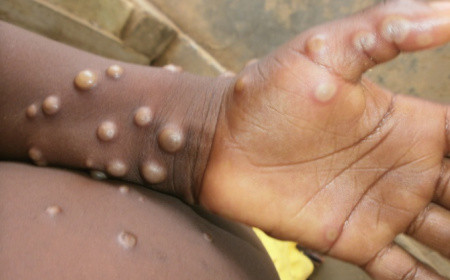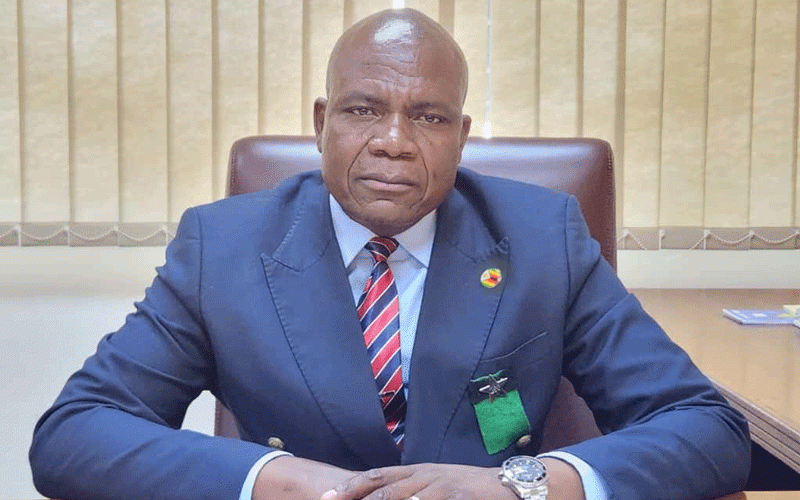
GOVERNMENT has issued a public warning about the outbreak of Mpox, formerly known as monkeypox, in several non-endemic countries, including neighbouring South Africa.
The alert highlights the risks associated with the rare viral infection, which is typically found in central and west Africa, but has recently spread to new regions.
Health and Child Care minister Douglas Mombeshora outlined measures to prevent the virus from entering the country, although no cases have been reported.
The symptoms of the disease include fever, rash, headache, muscle aches, swollen lymph nodes, chills, exhaustion and respiratory issues.
“Healthcare structures have been placed on high alert and preparedness and response activities are underway to ensure a swift and effective response if Mpox cases are detected in Zimbabwe,” Mombeshora said in a statement.
He advised the public to take preventive steps, including avoiding contact with infected animals or materials, isolating infected individuals, practising good hand hygiene and using personal protective equipment when caring for patients.
“We are committed to safeguarding public health and are prepared to take all necessary actions to prevent the spread of Mpox in Zimbabwe,” he said.
With Mpox cases on the rise in neighbouring South Africa, there is concern locally over the high traffic between the two countries, particularly considering that Zimbabwe’s health sector is already overburdened by several challenges that include shortages of drugs and medicines.
- Teachers, other civil servants face off
- Veld fire management strategies for 2022
- Magistrate in court for abuse of power
- Vungu Dam water treatment and irrigation project takes off
Keep Reading
The World Health Organisation has declared the surging Mpox outbreaks a global emergency.
On Tuesday, the Africa Centres for Disease Control and Prevention said there were more than 22 800 Mpox cases and 622 deaths on the continent and that infections had jumped 200% in the last week.
Harare Institute of Public Health principal Amos Marume said: “If exposed, there is need for self-quarantine and also use of masks which work in minimising the spread of Mpox. In the interest of public health, people should excuse themselves from work and public spaces if they are diagnosed with Mpox.”
Community Working Group on Health executive director Itai Rusike said the co-ordination of Mpox response should incorporate lessons learnt from the COVID-19 pandemic.
“As the country’s health system faces a new strain of Mpox, community health workers will be key in responding to this new outbreak as they are the trusted sources of information for educating the community, identifying cases, linking patients to care,” he said.
Last week, Zimbabwe Association of Doctors for Human Rights secretary Norman Matara said given the country’s poor healthcare system, keeping Mpox out was better than trying to contain it after cases appear.
“It saves the nation a lot of money because treatment is always expensive,” he was quoted as saying.
“It also prevents us from unnecessary lockdown restrictions of movements . . . like what we saw with COVID-19.”
Added Matara: “At the moment, we have not recorded any case of Mpox. . . We just need to increase our health surveillance so that anyone with symptoms can be isolated and they can be screened and any case can be easily identified and minimise the virus spreading in the country.”









